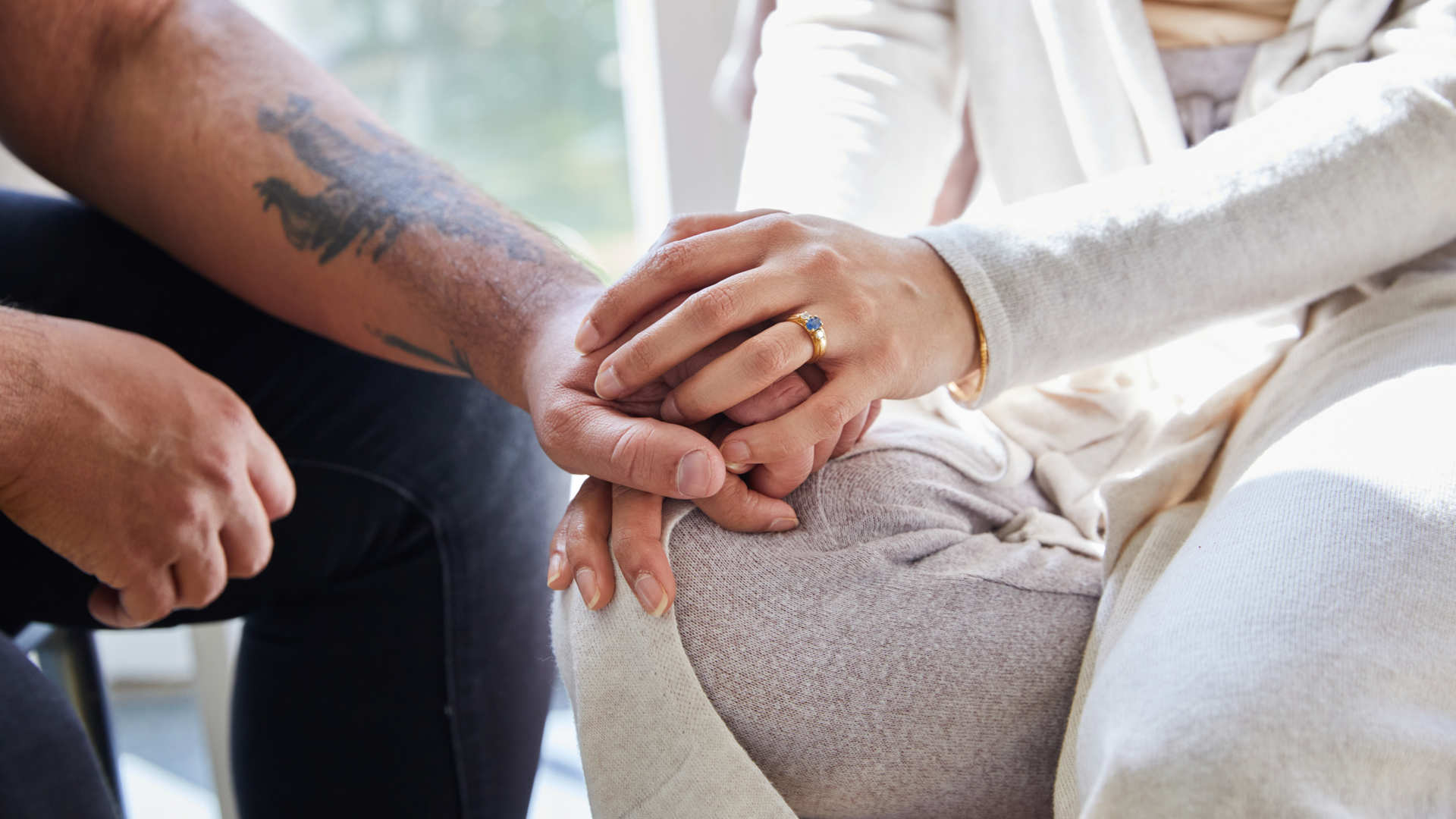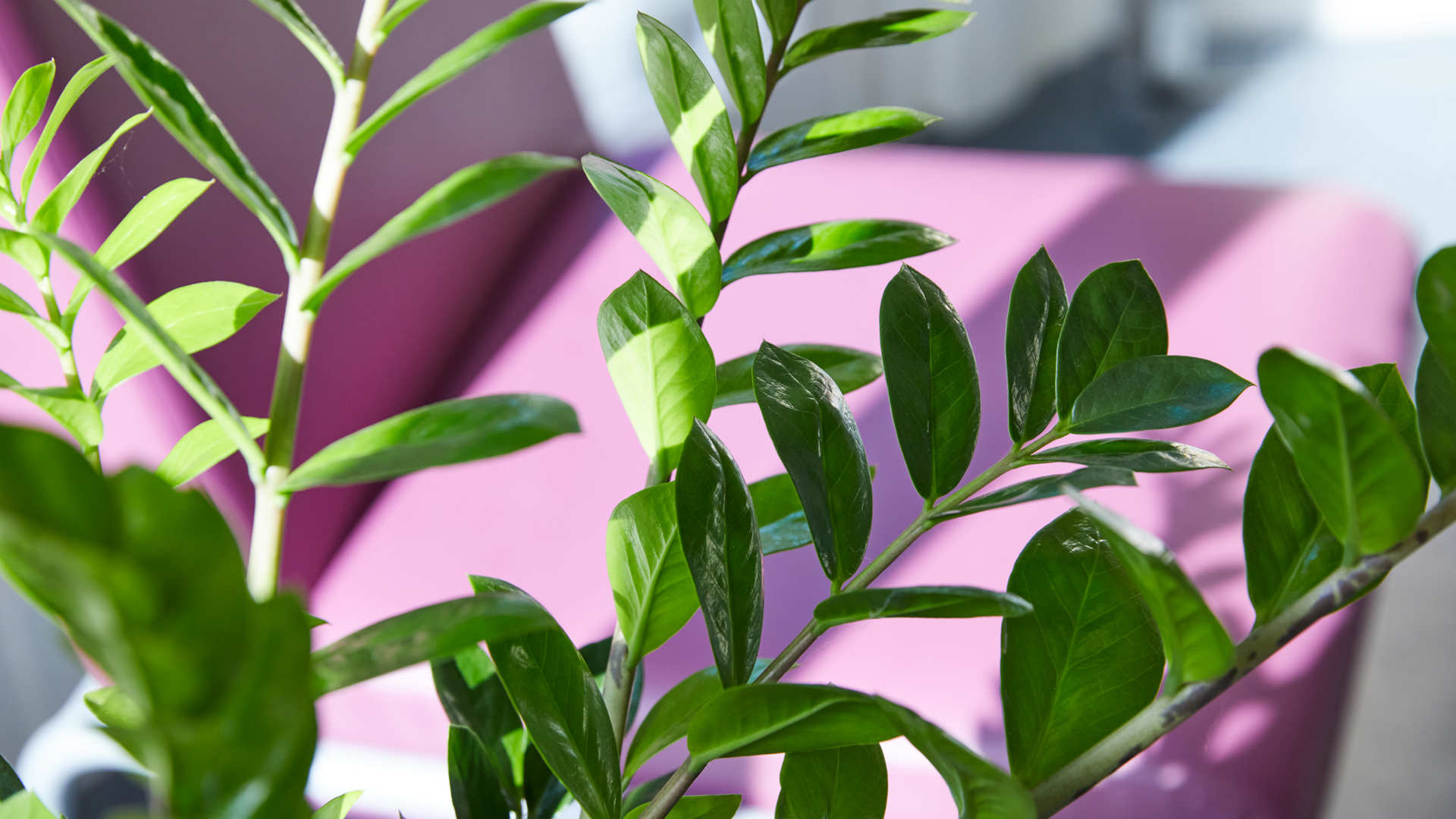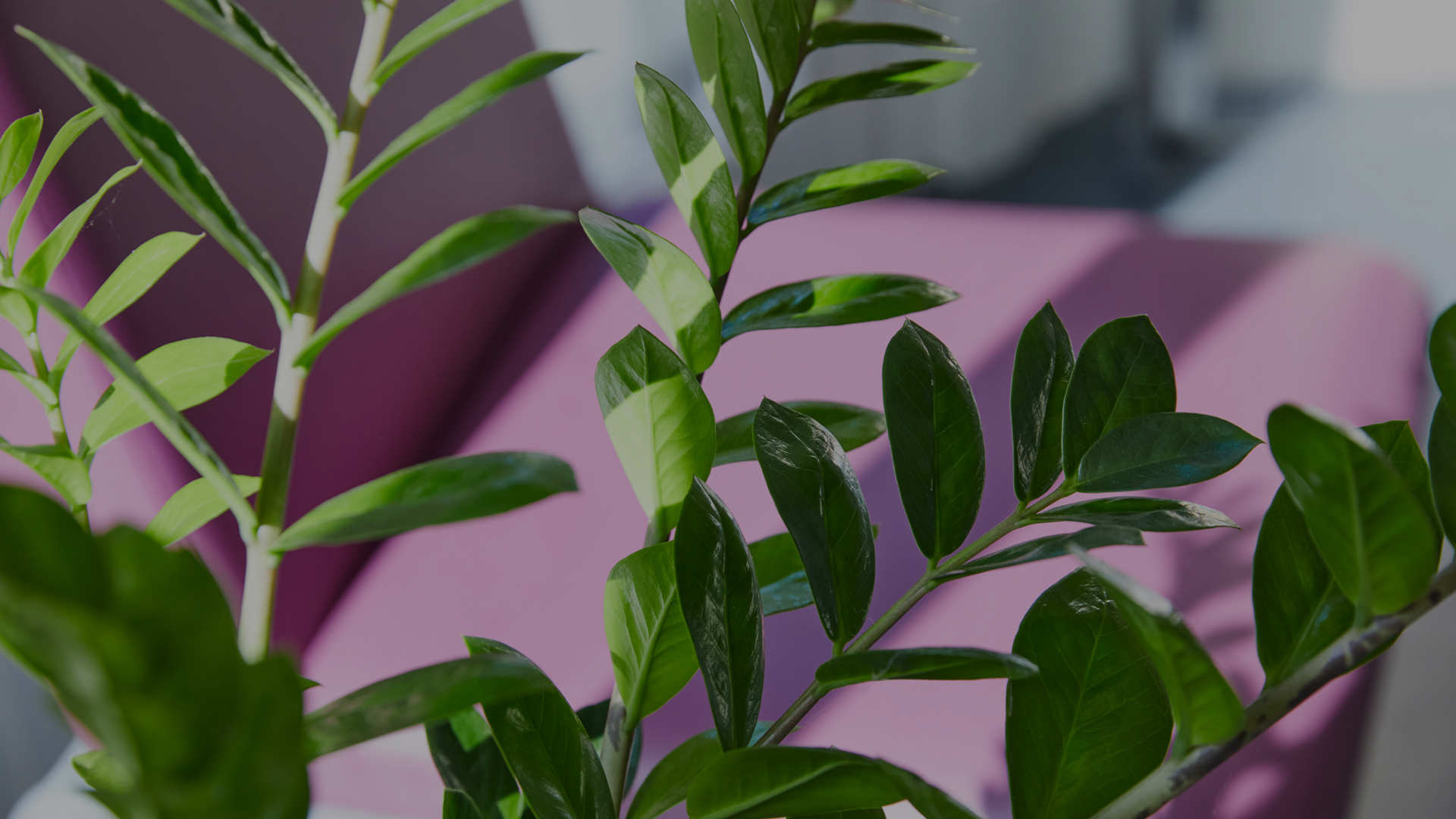
Additional tests on the fetus
In some cases of fetal anomaly, further tests on the fetus may be recommended. This may include a post-mortem examination by a specialised pathologist or genetic examinations of the fetal tissue. The clinician who diagnosed the anomaly is the best person to advise you on whether additional testing would be of benefit in y our particular case.
If you have been referred to us by a fetal medicine unit, you may have already made arrangements with your own hospital for these tests. If you have made arrangements for testing to occur, please let us know as soon as possible, as there may be specific requirements we need to be aware of.
If you referred yourself to our service, you may not have had the opportunity to consider any post-procedure testing on the fetus. If you would like to discuss further testing please let a member of staff know. We can then support you in this process.
It is important to understand that it is your decision as to whether or not to have additional testing or a post-mortem examination performed. Please note that if you wish to have a post-mortem examination of the fetus, this usually means you can only have a medical termination.

Mementos of the pregnancy
Mementos of the pregnancy include ultrasound pictures or footprints, and these can be arranged on request. If you would like to see and hold your baby after the procedure, please talk to a member of staff as this may affect your options regarding the type of termination you choose.
You may not have specific wishes regarding the disposal of the fetal remains. In that case we would dispose of them in a sensitive way. We usually collect and store the remains separate from other clinical waste before sending them to be incinerated.
You may take the fetal remains away at any gestation and regardless of treatment type and make your own arrangements for them. This may include arranging a private service, burial or cremation. If you wish to take the remains away, we will place them in a container, which is opaque (you cannot see through it) and water-tight. The fetal remains will be inserted into the container in a bag made of biodegradable material.
You may contact a funeral service yourself to arrange a service, burial or cremation, we can help you with this.
We will give the remains to a funeral director or an authorised individual appointed by you. Before the procedure the funeral director must provide a suitable container for the remains and after the procedure the funeral director must collect the remains. You will need to cover the costs of this service although some funeral directors offer it for free or a nominal charge.
If you would like some specialist help with the service, for instance from a Humanist adviser or a community faith leader, a funeral director should be able to provide you with a relevant contact. You can also contact a cemetery or crematorium directly.
TFMR Mamas approved list of funeral directors (Updated 06/10/2021)
Available services:
You may wish to bury the fetal remains in your own garden or in another place that has special meaning for you. There are also a number of woodland or natural burial sites available.
If you do wish to bury the fetal remains on private land, it is important to understand the following:
- You must have permission from the owner of the land for the burial.
- The burial or the buried remains do not interfere with any rights that other people may have over the land (for example, mortgage company, with regard to resale of the property or relevant council if the property is in a conservation area). It may be prudent to contact the relevant authority or company for advice.
- No danger must be caused to others, for example through pollution of water or by body fluid leakage into neighbouring land.
- The fetal remains should be buried at an appropriate depth (the local Environmental Health Department or the Environment Agency can provide advice regarding the appropriate depth for burial).
If you intend to bury the fetal remains in your garden, you should also consider how you will feel if you move house, or if the land is used for a new purpose.
If you choose a communal cremation, there will be no ashes available afterwards. Even following an individual cremation, there may be no ashes because of the nature of the cremation process and the fragility of fetal remains. If it is important to you that you can scatter ashes, you should discuss this with your funeral director or crematorium before the cremation.
If you do have ashes, you may choose to keep the ashes at home or you can scatter or bury them:
- At the crematorium, churchyard or cemetery of your choice
- At a place which has some special meaning for you
You may scatter the ashes on water although you should not scatter ashes:
- Within 1km upstream of any drinking water supply
- From a bridge over a river which is used by boaters or canoeists
- Near a marina or close to people fishing or bathing
- In windy weather conditions or close to buildings, where the ashes may be blown about
It is important that any materials that you intend to leave in public areas where the fetal remains are buried or the ashes are buried or scattered should be biodegradeable.

Further information and advice
The treatment unit can provide you with advice and contact details of local funeral directors, cemeteries or crematoria. There are a number of organisations and authorities that can offer advice regarding the disposal of fetal remains.
National Association of Funeral Directors
Tel: (+44) 0121 711 1343
Environment Agency
Tel: 03708 506 506
British Humanist Association
Tel: 020 7324 3060
The Natural Death Centre
Tel: 01962 712 690
For general advice about all issues relating to fetal anomaly:
Antenatal Results and Choices (ARC)
Tel: 0845 077 2290 or 0207 713 7486 from a mobile phone
Sands, Stillbirth & neonatal death charity
Tel: 080 8164 3332
Support groups:




